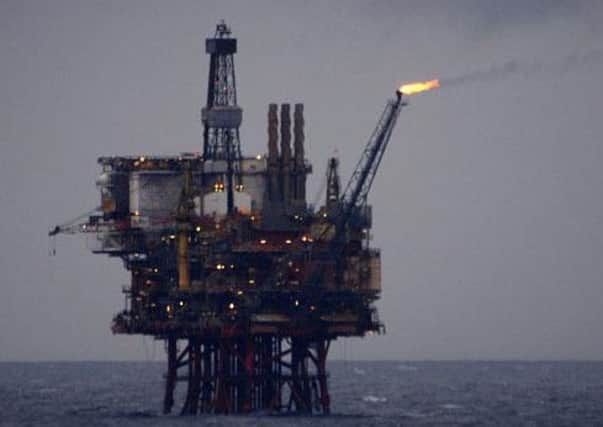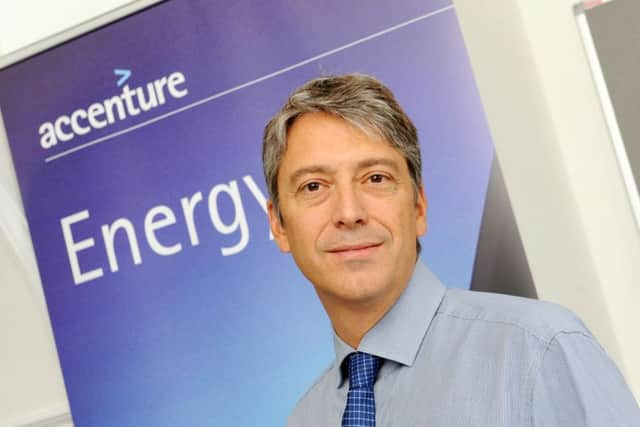Luca Corradi: Wearable tech can transform offshore industry


There is growing recognition that wearable tech has the capability of transforming business practice.
Helmet cameras and arm-mounted screens, smart watches and other new devices enabled with sensors and connectivity can present and collect data as never before, leading to the emergence of the digitally connected North Sea worker, able to make quicker, smarter and more data informed decisions when out onsite.
Advertisement
Hide AdAdvertisement
Hide AdFor the wearer, the ability to present data is not limited to status information from devices; wearables can also enable instant access to ‘how to’ videos for an operative via a head or arm-mounted display, or the transmission of images or updates back to HQ to get a ‘crowd-sourced’ opinion on how to solve a problem.


Over-the-shoulder training and remote collaborations are made possible through wearables, allowing specialists anywhere in the world to see exactly what the operative sees through a mounted camera, relaying instructions directly to avoid the need for an additional visit to site.
Additionally, junior members of the team could receive training by seeing what is happening at the job site without needing to be physically present.
This complete change in the process of field force operations will enable them to do the best job possible in the most efficient way, using real-time access to data and remote expertise and instruction to avoid repeat visits and long repair-times.
In addition, wearable technologies can offer a new interface with data. They can collect as well as display data. And if a business is equipped to aggregate historical and real-time data from multiple sources, they can run analytics to gain valuable insight and then make better decisions at the point of action.


We think the pace of adoption for wearables in enterprises and particularly in the energy industry will increase, and have set up demonstrations in our Aberdeen office. We are seeing the technology becoming more advanced as second generation devices are being released, and new types of sensors – lower cost and smaller than ever - can measure things not feasible before, such as depth-sensing cameras, heat sensors, EEG monitors and even clothing equipped to measure key body and atmospheric indicators. These developments and the proven business benefits of equipping field forces with wearable technology mean that we are just at the beginning, and the next few years will see an established role for the digital connected worker.
If fully embraced, a new generation of digital expertise in the oil and gas sector will significantly change the way the industry operates and I believe could reignite the North Sea’s position as a global leader. Luca Corradi is MD for Accenture Energy in Aberdeen.